Why Aren't My Chickens Laying Anymore?
20 Reasons For a Drop in Egg Production
By: Lisa Steele - Fresh Eggs Daily
A decrease in egg production in the fall and winter is perfectly normal and most likely attributable to shorter days and molting hens, but it can also be something a bit more formidable. Egg production naturally ebbs and flows in a backyard flock. Chickens are extremely routine-oriented and any change in routine can throw off their laying.
Here are some of the more common reasons why a hen might stop laying, or lay at a reduced rate:
1. Shorter Days - This time of year, egg production will slow due to the shorter days. A hen needs a minimum of 14 hours of daylight to stimulate the ovaries to release an egg. Therefore it takes longer to accumulate the 14 hours during the fall and winter months. Action - You can add supplemental light in your coop to provide the additional light needed.
2. Molting - The fall is also the time when hens will generally molt. They usually stop laying all together during the molt. Action - You have to let the molting run its course, but added protein can help move it along and help your hen emerge faster and begin laying again.
3. Broody - When a hen 'goes broody,' she stops laying eggs and starts sitting on the nest 'round the clock, trying to hatch some eggs. Hens will do so with fertile OR non-fertile eggs, even sitting on no eggs at all! The drive for broodiness is in some hens/breeds genes more than others. Action - Break the broody as quickly as possible.
4. Egg Eating - Obviously, egg eating by your chickens will result in a reduction in the eggs left for you to collect. Once one starts, other will follow. Evidence may be seen in the nests in the form of broken eggs or empty shells, but most likely your chickens will eat the entire egg, shell and all, so unless you catch one in the act, you might not realize what is happening.
5. Predators - Not only will many predators steal and eat eggs, the mere presence of a predator lurking around your run area can stress the hens to the point that they stop laying. Snakes, weasels and rats can get through a space smaller than 1 inch. Other larger predators, such as foxes, opossums and skunks, will try and enter your coop as well if you don't have it securely locked at night. Action - Be sure that all vents on your coop are covered with 1/2-inch hardware cloth. Block any holes in the coop larger than an inch. Put predator proof locks on the coop and nesting box doors. Solar predator lights will also keep predators at bay and away from your run at night.
6. Egg Bound Hens - Young hens, hens who consume too much protein or are otherwise not in tip-top condition can become egg bound. This potentially fatal condition must be caught and treated immediately. Action - Learn how to treat an egg bound hen.
7. Overcrowding - Overcrowding in the run and coop can lead to pecking and other stresses that can cause your hens to stop laying. Action - Ensure that your coop provides a MINIMUM of 3-4 square feet per hen and your run provides a MINIMUM of 10 square feet per hen. Of course, size matters and bigger is better.
8. Additions or Subtractions to the Flock - Any time you add or take away a hen, the entire pecking order of your flock is upset and (usually minor) adjustments are made. Often this can stress hens so they slow their laying. Action - Once the pecking order is restored, laying will resume. New hens might need some time to get used to their new surroundings before they start laying for you.
9. A Change in Nesting Area - Any change in her nesting area can throw off a hen's laying. Things such as changing out the nesting boxes for a different type, switching the type of nesting material, hanging curtains (although, in the long run, curtains can help increase production) or moving your flock to a new coop can cause stress and break their routine to cause a decrease in production. Action - Try not to disturb the nesting area unless absolutely necessary.
10. Illness/Disease - Often the first noticeable sign of illness in a chicken will be the cessation of laying. Chickens are masters at hiding symptoms in general, because weakness can cause pecking by other hens in the flock, as well as attention from predators. Action - Do regular checkups of your flock. Read more on what to look for and how to treat if something is wrong.
11. Extreme Heat - Hens lay best in temperatures between roughly 50-75 degrees Fahrenheit. Any deviation, higher OR lower, can cause a reduction in their lay rate. And since eggs are largely made up of water, not having access to plenty of fresh, cool water can also affect laying. Action - Do your best to help your hens stay cool and comfortable during the summer months, especially if you live in a Southern climate.
12. Extreme Cold - Extremely cold temperatures can likewise cause laying to decline, as the hens are using all their energy to stay warm. Action - Use scratch as an evening wintertime treat. The act of digesting the grains helps keep the hens warm overnight and maintain their laying.
13. Lack of Adequate Ventilation in the Coop - Ammonia fumes can build up in a coop that is not well-ventilated. That can cause irritation and respiratory illness in a hen. Action - Rule of thumb is that 1/5 of your total coop wall space should be vents/windows that can be opened or closed, weather dependent. Of course be sure all vents are covered with 1/2" hardware cloth to deter predators from gaining access.
14. Poor Nutrition - Low-quality feed, a lack of feed, or inadequate calcium or protein can all reduce egg production. Action - Ensure your flock has access to a good-quality layer feed that isn't allowed to get moldy. Provide a dish of crushed eggshells or oyster shell free choice so each hen can eat what she needs. Limit treats to 10% of their diet and choose healthy treats such as greens, weeds, sunflower seeds, nuts, grains, insects and meal worms.
15. Overfeeding - Overfeeding can lead to a drop in egg production. A diet low in protein will cause a hens' laying to slow. Action - Don't overfeed (a hen will eat roughly 1/2 Cup of feed per day) and provide adequate protein in the form of meal worms, sunflower seeds, etc.
16. Lack of Water - An egg is roughly 75% water. If a chicken goes without access to fresh, clean, cool water for even a few hours, that can lead to a reduction in egg production. Action - Be sure to keep plenty of water available in the run and change it regularly. Scrub out the waterers with a white vinegar/water mix regularly and add a splash of apple cider vinegar to the water a few times a week. The apple cider vinegar not only helps keep algae and bacteria at bay, it is thought to improve the taste of the water and make it more appealing to your chickens. On hot days, add frozen water bottles or ice cubes to the water, because chickens won't drink warm water on a hot day.
17. Free Ranging - If you allow your flock to free range, there's a good chance that they are going off to lay their eggs and hiding them. A hen's natural instinct is to lay her eggs in a secluded, safe spot to keep them safe from predators. Action - Because most hens lay their eggs in the morning hours, try keeping your flock cooped or penned up until early afternoon so they will be forced to lay their eggs when you can find them.
18. Hiding Eggs - Even in an enclosed run, hens will sometimes quit laying in the nesting boxes and instead start hiding their eggs in an effort to collect a 'clutch' to sit on and hatch. Last summer, our egg production went down, and I thought it was the heat until I found their 'stash' of 14 eggs behind a bush in the run! Action - Chickens like to find out-of-the-way places to lay their eggs, so check under and behind bushes, shrubs, anything else you have in your run they can use as cover. Sometimes you have to learn to choose your battles, and if I find our chickens starting to lay elsewhere than the coop, I will set up an outdoor nesting box or basket for them. As long as it's out of the way and they're happy, at least I know where to check for missing eggs.
19. Age - A hen lays best during the first two to three years of her life. Her productivity will drop after that, but well-cared for, healthy hens can continue to lay for years after that. Action - Continuing to add new chicks or pullets to your flock each spring ensures a constant supply of hens at prime egg-laying age. (Note: While older hens don't lay as well, they are thought to make better mothers, so keeping them around to sit on fertile eggs is a wonderful way for them to 'earn their keep.')
20. Stress - A stress-free hen is a good laying hen. Any stressor, such as a barking dog, traffic noise, being bullied by another hen, neighbors' children chasing them and trying to pick them up and hold them, etc., can cause a drop in production. Action - Remember, a hen is laying her egg with the ultimate goal of it hatching into a chick. She won't be happy laying in an environment she doesn't feel is safe for a chick to grow up. Try to reduce any outside stresses as much as possible.
Before you despair and think that getting a hen to actually lay an egg is about as rare as a blue moon or you'll have to wait until the stars align and pigs fly, remember that she is programmed to lay an egg about once every 26 hours. She WANTS to lay that egg. So anything you can do to help her in that venture is going to boost productivity and make it easier on her.
Since your chickens are not living in a light/temperature-consistent, confined and controlled environment like commercially-raised hens, it's natural that they will respond to different stimuli (or the lack thereof) by ceasing egg production at least until things get back to normal.


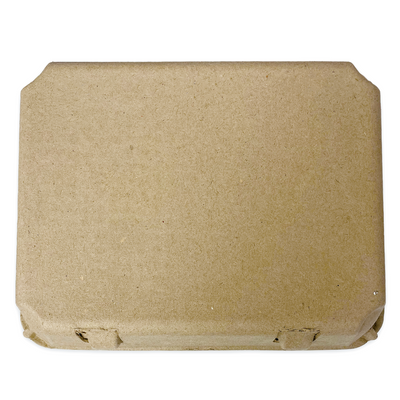
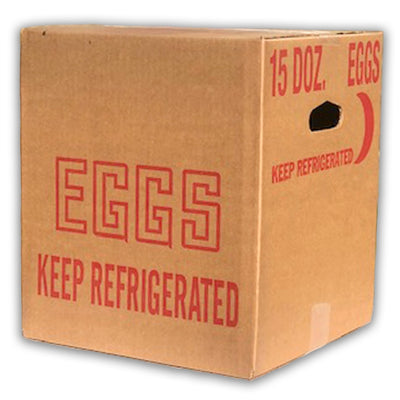
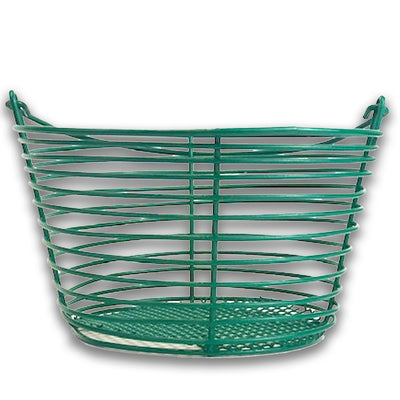
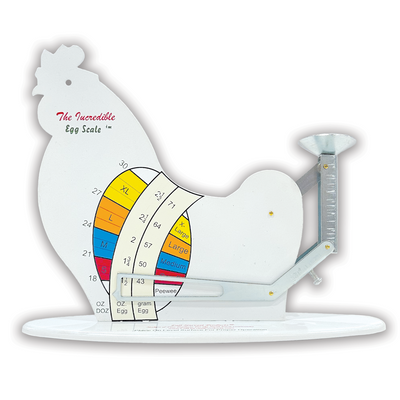
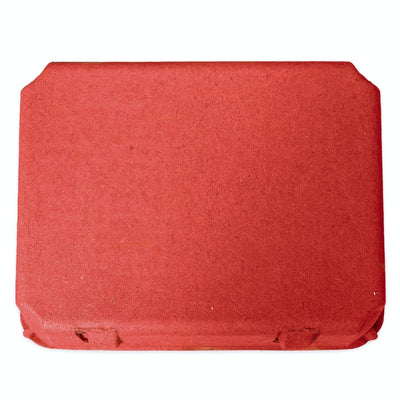
Leave a comment